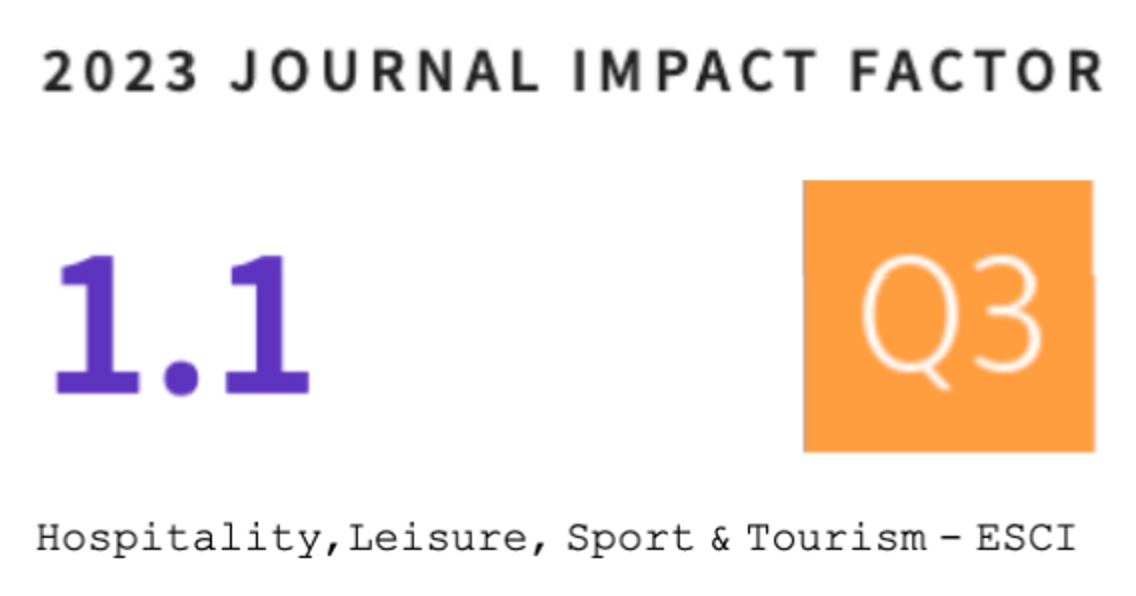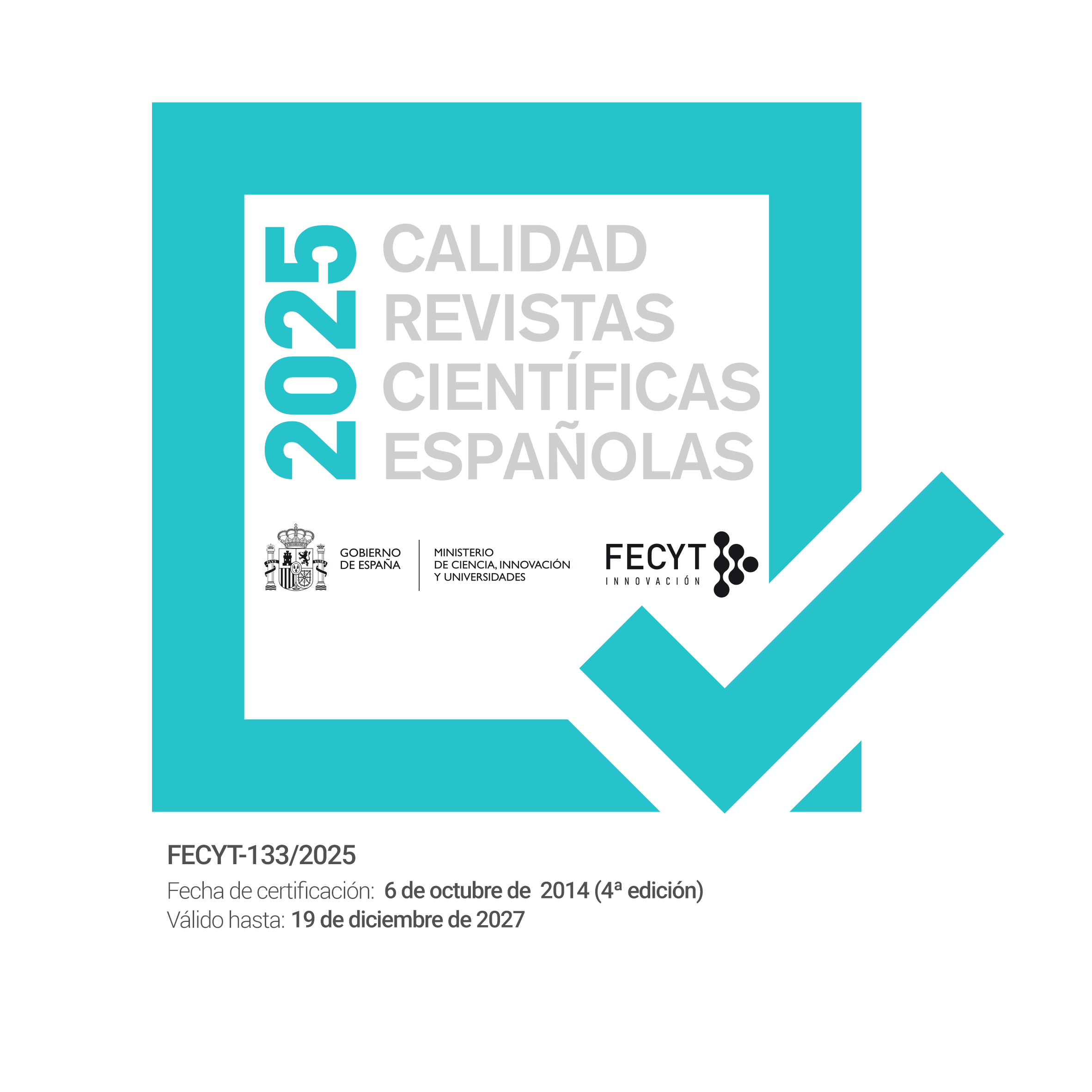Sport and socio-educational intervention: impact on well-being and social capital in socioeconomically disadvantaged communities
DOI:
https://doi.org/10.12800/ccd.v18i58.2036Resumen
Community development includes various areas of approach such as health, sports, among others, which
seek to improve the living conditions of individuals or groups in a specific context. In this sense, some institutions
generate interventions through strategies such as sports or nutritional care. In view of this, the objective of this research
was to analyze the influence of interventions carried out by two non-governmental organizations on the psychological
well-being and social capital of two populations living in socioeconomically disadvantaged areas in Colombia. The
research was of a quantitative transversal explanatory type, carried out with 257 participants of the entities
that implement social interventions. Ryff’s Psychological Well-Being Scale and Cardozo and Cortés’ Social Capital
Measurement Scale were applied. The results showed that communities perceive greater identification with foodbased
interventions; in contrast with those that base their actions on the implementation of long-term strategies
based on sports. This raises the question of the effect of interventions that meet basic needs such as food, over
other types of interventions that focus on community and personal strengthening.
Descargas
Publicado
Cómo citar
Número
Sección
Licencia
Derechos de autor 2023 Creative Commons Attribution License

Esta obra está bajo una licencia internacional Creative Commons Atribución-NoComercial-CompartirIgual 4.0.
Los autores que publican en esta revista están de acuerdo con los siguientes términos:- Los autores conservan los derechos de autor y garantizan a la revista el derecho de ser la primera publicación del trabajo al igual que licenciado bajo una Creative Commons Attribution License que permite a otros compartir el trabajo con un reconocimiento de la autoría del trabajo y la publicación inicial en esta revista.















